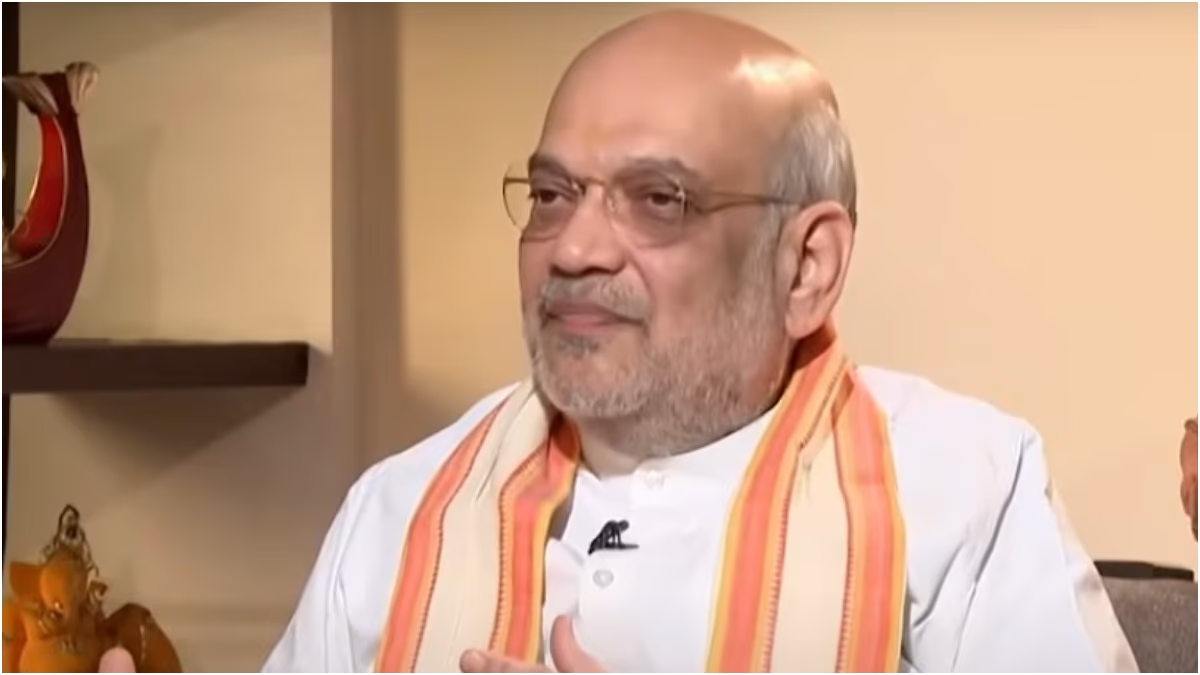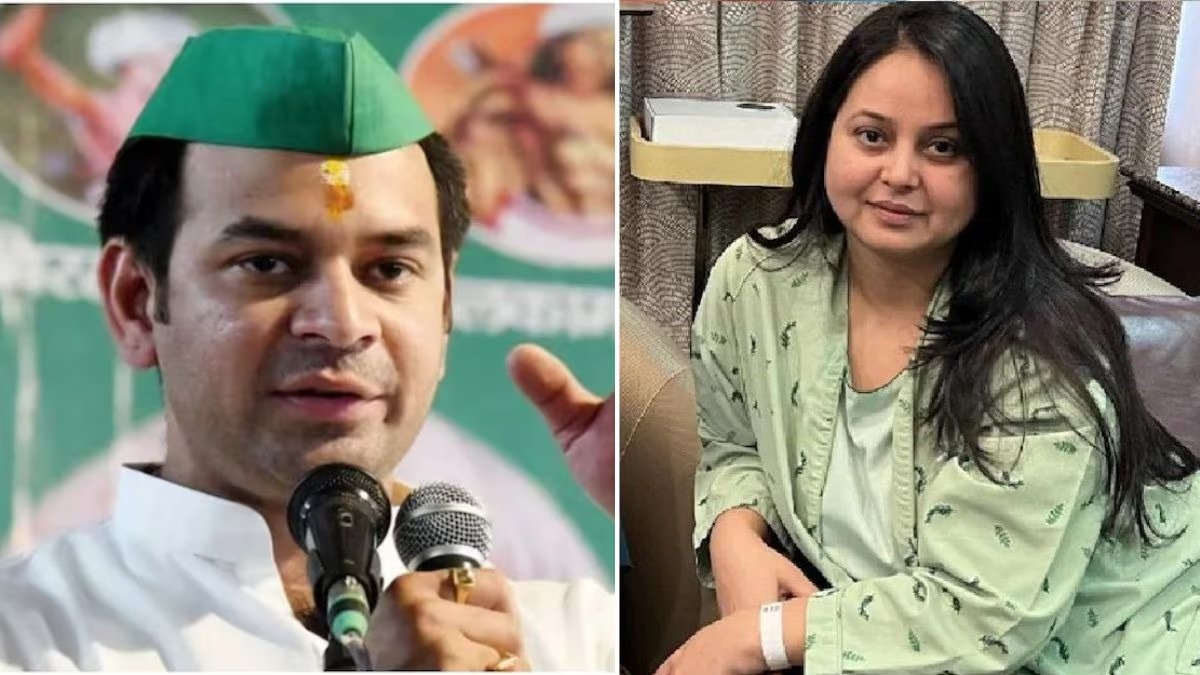Following Prime Minister Narendra Modi's 75th birthday on September 17, 2025, Union Home Minister Amit Shah engaged in an exclusive conversation with Aaj Tak about his long-standing relationship with Modi. He shared vivid recollections of the devastating earthquake that struck Bhuj, Gujarat, on January 26, 2001, and lauded Modi's leadership during this challenging period as Gujarat's then-Chief Minister.
Recalling the natural disaster, Amit Shah stated, 'Narendra Modi, who became the Chief Minister, hadn't previously contested any local elections, not even as a Panchayat member, before taking the oath. As a fresh face in administrative politics, steering a prosperous state like Gujarat posed a significant challenge for him.'
Read Also: Where Amit Shah First Met Narendra Modi...A Tale of Becoming 'Best Friends'
He further described, 'I distinctly remember, Narendra Modi assumed the role of Gujarat's Chief Minister around the Navratri festival and had already planned for the earthquake damage recovery before Diwali. While Bhuj remains widely talked about, even Ahmedabad felt the tremors. A total of 18 districts in Gujarat were impacted. Even during his tenure in Delhi, he frequented Bhuj, involving all ministers, MLAs, MPs, secretaries, and himself in a commitment to celebrate Diwali in each affected tehsil.'
The Home Minister added, 'Narendra Modi assigned a legislator and a secretary to oversee each tehsil with an aim to clear it before January 26, 2002. They, upon visiting their respective areas, identified problems and admitted to lapses in the policy that hindered actions on the ground.'
Also Read: 'Be the Boss at Home, Enjoy Shopping': Amit Shah Encourages Women on GST 2.0
Amit Shah remarked, 'Chief Minister Modi acknowledged the issues, urging them to redesign the policies, ensuring solutions were found within 15 days. By January 26, 2002, the entire nation acknowledged Gujarat's recovery from the earthquake. The rehabilitation carried on for three years, yet by January 2002, debris was cleared, policies set, reconstruction commenced, and industrial investments underway—all achieved within such a short timeframe.'
Approx. 20,000 Lives Lost in Bhuj Earthquake
On India's Republic Day, January 26, 2001, a catastrophic earthquake near Bhuj in the Kutch district of Gujarat, shook the entire nation. Referred to as the 'Bhuj Earthquake' or 'Gujarat Earthquake', this seismic event began at 8:46 AM and persisted for nearly two minutes, registering a magnitude of 7.7 on the Richter scale. Its epicenter was approximately 9 km south-southwest of the village of Chobari in Bhachau Taluka. This seismic catastrophe ranked an intensity reaching XII (Extreme) on the Mercalli scale.
Also Read: Amit Shah's Strategic Moves in Weak BJP Areas and the Goal to Conquer Bihar through Strategy, Dialogue, and Coordination
Official statistics show 13,805 to 20,023 fatalities (including 18 deaths in southeastern Pakistan), with more than 167,000 injured. Around 400,000 homes were obliterated, leaving millions homeless. Cities such as Kutch, Bhuj, Jamnagar, Rajkot, and Ahmedabad witnessed massive destruction as large fissures split the roads, buildings collapsed, and the countryside lay ravaged. The jubilant morning of Republic Day suddenly turned into a scene of national mourning.




